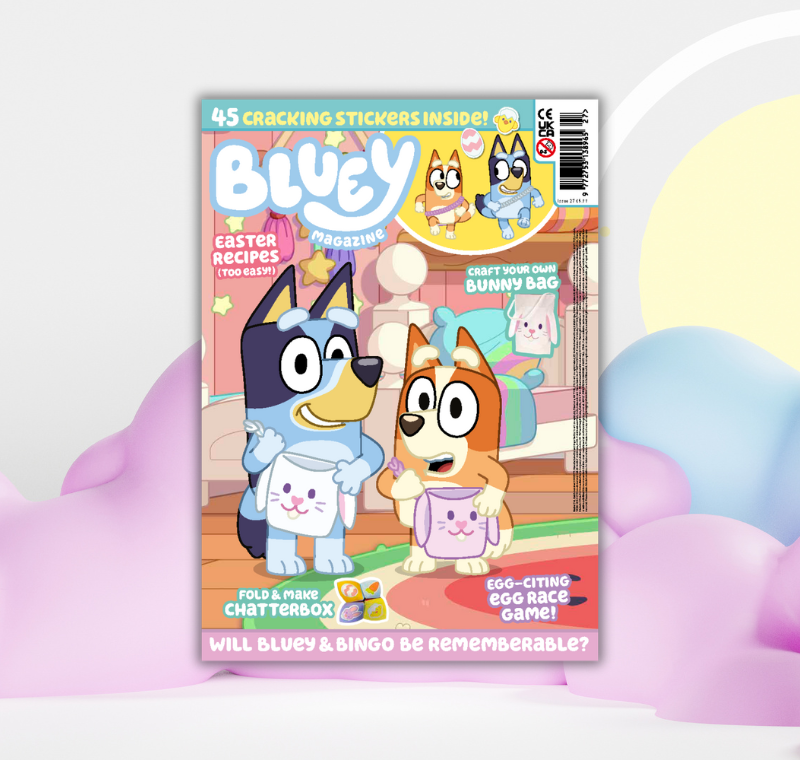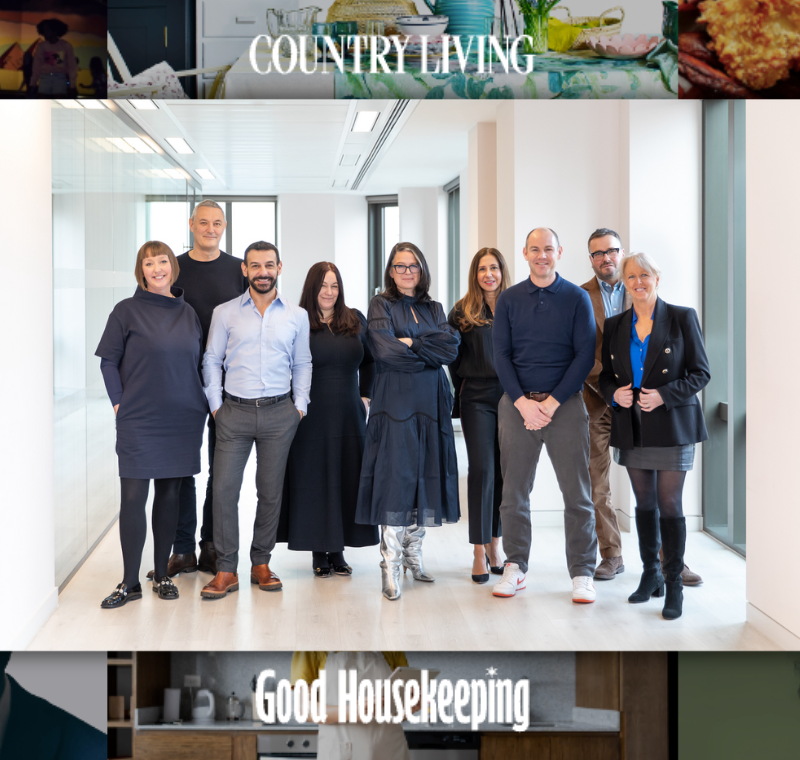Change and culture: how focusing on people pays off
“What people often miss or ignore” is that “skill set is simply a hygiene factor,” Tom Bureau, CEO of Immediate Media in the UK, said at the PPA Festival in London today in a conversation on the role of culture in successful change.
A simple question in a tale of change
At the heart of Immediate’s approach to its people is a simple question: When people wake up in the morning, do they want to go to work or not? While acknowledging there are various factors at play when it comes to success, Bureau said, “If the majority of people want to go to work in the morning, you are well on your way towards winning.”
Immediate Media was only formed late in 2011 through the merger of Origin Magazine, BBC Magazines and Magicalia (a digital business) and has acquired further brands along the way, meaning more change and more new people coming into the business.
From the start, the story has been about change, Bureau said. “We brought together digital platforms and great (magazine) brands,” with a clear, overarching vision: It is focused on the development of the brands in special interest communities, tapping into the passions of these audiences.
Today, the company has over 70 multiplatform brands, selling some 74 million magazines each year (including more than 1 million active subscribers) and reaching some 33 million people only per month.
According to Bureau, the company hired around 500 people in the last three years and brought around 200 on board with its acquisitions (bringing the number of employees to 1,100), including bolstering its technology team from 40 people to 170. “That’s a lot of change,” he said.
Bureau and the company’s focus are never far off its people. “People really are at the heart of it. They are the ones that help you build momentum to achieve success … (and) “I am pleased to say that we are showing top and bottom line growth.”
From 2012 to today, the company has grown revenue from £140m to £175m, and EBITDA with 76 per cent.
What does winning culture look like?
“It never really is about the money (for people). It’s about development and learning,” Bureau said.
The company has had some 3,000 on-the-job and classroom-type of training days in the past year. Apart from learning and development as cultural components, for Bureau and Immediate Media key factors in a winning culture include:
- High energy;
- Dynamism;
- Excitement;
- Innovation;
- Creativity;
- Collaboration; and also
- Fun
When Immediate Media started, the key message was always: “We want to build something, but it will take time. If you want this, we want you to commit to us. If not, that’s OK but please then go and work elsewhere.”
People can do anything they want to do in work, Bureau reminded the audience, but “what we don’t want is people (inside Immediate Media) sniping from the side.”
A further point highlighted by Bureau was “the secret to getting motivated people” on board: “If you want motivated people, hire motivated people.”
To this end, the company has invested much in its team of recruiters (they only use tools like psychometric tests for some senior executive roles, Bureau said to a question from the audience later). They are focused on what is important to the business, the things that can have impact, and “that comes down to attitude and motivation.”
A few other key points from the session:
Leadership
Leadership is about articulating the vision at a macro level in terms of the business overall and on a micro level in terms of how their roles fit into it, and then it is about providing people with the tools to perform, investing in their development and creating opportunities to grow.
Structures
Furthermore, it is about breaking down old command-and-control organisational structures, “filled with politics and obstacles. You want it (structures) to be as flat as possible… We think it is better to think about inputs and outputs, roles and collaboration. The role of leadership is to support this process, to support their people and to coach and develop their people.”
Communication, all the time
“Communication is always important, but when you create a new business you have to communicate all the time.” Use all channels available, and always be “open and transparent.”
Give people tools to succeed
“When we started the company, there were hundreds of 25-35 year olds who basically looked like they could work at Google. When you give people the tools and they’re excited, they’ll get on with it and do what they have to do.”
Say thank you
Acknowledge good performance, not only on an individual level but company wide. Immediate Media for example take people off site once a year to celebrate successes, to learn through the successes and to socialise.
Story by Cobus Heyl.
Immediate Media is a FIPP member company.
More like this
How magazines have turned over a new leaf









